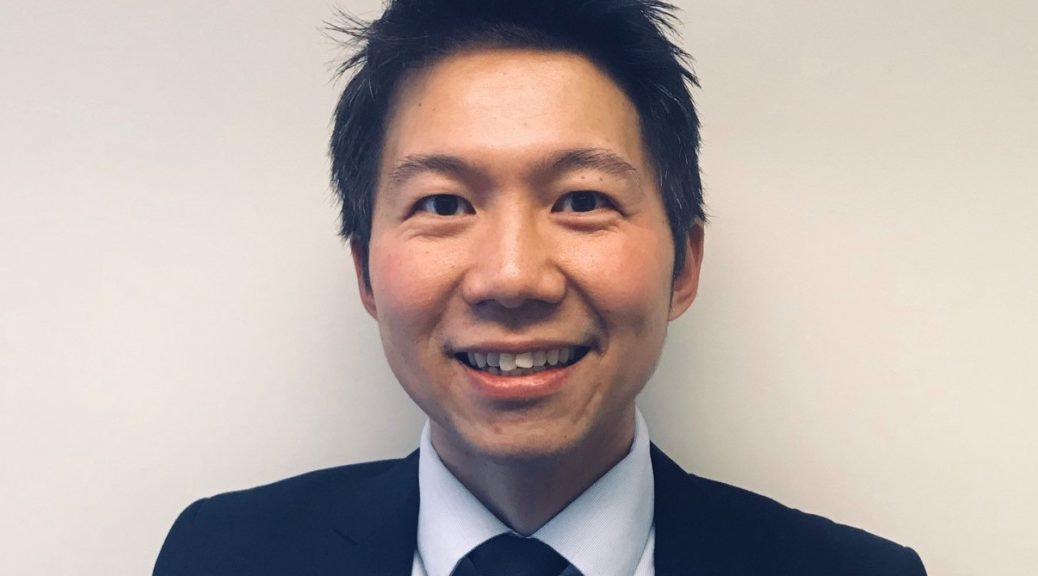
Nottingham solicitor advocate Lauren Fisher recently represented a client before Lincoln Crown Court. He was jointly charged with another with a single allegation of robbery in a dwelling. Two other defendants were involved in the trial. One defendant had already pleaded guilty to his involvement in two robberies, and our client was jointly charged with one of those robberies.
This was in effect a re-trial, an earlier trial having been abandoned due to the prolonged bad weather.
Robbery in a dwelling house
The charge that affected Lauren’s client was one of robbery in a dwelling. The prosecution case was that he, along with the co-accused, had attended the house of the victim. A taser had been produced. Demands were then made that a large sum of money be transferred using internet banking. In the event only half the amount was transferred, but the victim was forced to contact the bank by telephone to authorise the transfer.
Afterwards, it was said that our client and the co-accused left the property together.
Lauren’s client accepted that he had been present at the incident. He had given his friend, the co-accused, a lift to the address and gone in because his friend did not know how long he would be. At not time had he seen a taser, or hear the noise of one being discharge. He did not know that money was to be stolen.
Once in the property the co-accused locked the door. Once he was locked in, our client was unable to leave. He took no part in the robbery and was as frightened as the victim of the offence.
The issues for trial
The important issues in the case were:
- did our client know about the other robbery on the indictment that also involved this victim?
- had he seen the taser at the point of entry?
- could the prosecution establish that our client had knowledge of what was to happen before we entered the address?
- had he participated in the offence at all?
The case involved careful cross examination of a witness who had been subject to two frightening robberies, in particular the second incident that we were charged with. It was not disputed that either robbery had taken place, just whether our client was involved in any way.
As it was a re-trial, part of the preparation involved listening to the earlier evidence recorded on the court DARTS system. This would allow cross examination on any inconsistencies between the statements and that evidence, and any evidence given at this trial.
Careful cross examination by solicitor advocate
Through cross examination Lauren was able to confirm that it would not have been inevitable that her client would have seen the taser. The victim was not sure at which point they had seen the taser. He also changed his account as to whether our client had left the house or not. He perhaps struggled, in the end, to point to anything that our client had done or challenge the suggestion that we were scared of what was going on. There were inconsistencies in his evidence that could not be explained.
A persuasive closing speech
Lauren had to approach her closing speech carefully. She did not suggest that the victim was lying. Instead, she highlighted that it was likely that the witness believed what he was saying, but was mistaken. Although he had been a victim of a crime, the nature of the incident meant that he was easily confused about the detail.
The jury was directed towards the burden and standard of proof and how that related to all the evidence that had been heard. Having heard all of the evidence and the speeches in the case, Lauren’s client was found not guilty.
This was fortunate for her client, as the starting point after trial for an offence of robbery in a dwelling house in circumstances such as these was thirteen years in prison.
Instruct VHS Fletchers in your Crown Court case
We use a combination of in-house solicitor advocates and barristers, as well as specialists from the independent bar, to ensure that you have the representation that you need for your Crown Court case.
We aim to provide continuity of representation with a litigator and advocate assigned to your case at an early stage.
You can read more here about why you might want to consider instructing us as your solicitor.
Follow this link to see how we prepare serious cases of sexual assault for trial at the Crown Court.
You can read some examples of cases successfully defended at trial by our solicitor advocates both here and here.
You can contact us through your nearest office. Details can be found here.
Alternatively you can use the contact form below.












